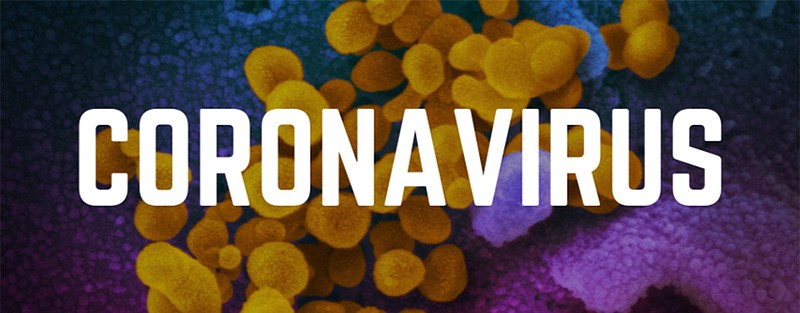The state of Missouri is working to make a new saliva test for COVID-19 more widely available beyond the St. Louis region in the coming weeks, according to officials within Gov. Mike Parson's administration.
Parson and the state's Medicaid program and Department of Economic Development directors Thursday visited Washington University in St. Louis to celebrate the test developed by the university and a corporate partner from the state of California.
Parson last week announced the saliva-based test developed by Washington University researchers and Fluidigm - a San Francisco-based biotechnology company - had received approval from the U.S. Food and Drug Administration.
Fluidigm had announced the day before that the FDA had approved its emergency use authorization request for the test.
Washington University and Fluidigm filed separate EUAs, and it did not appear as of Thursday afternoon that the FDA had yet approved the university's, according to the FDA's website listing COVID-19-related EUAs.
However, the approval of Fluidigm's EUA allowed Washington University to perform the test, according to a news release last week from the university.
The test uses saliva collected from people via a funnel they spit into, instead of the swabs up the nose that people who have been tested for COVID-19 so far have experienced.
Dr. Jeffrey Milbrandt, who is head of Washington University's genetics department and McDonnell Genome Institute, on Thursday displayed one of the funnels, smaller than his hand.
Milbrandt described the test as quick, simple, highly accurate, not limited by supply chain shortages, economical and alterable to accommodate testing for other viruses, such as influenza.
He said the test will help people more safely return to school and work, and it will help identify outbreaks in vulnerable populations at an early stage.
Though demand could increase the turnaround time, Milbrandt said, the hope would be to get a test result in about 24 hours.
"We are now working with the state of Missouri to make the test more broadly available to all of our residents," he said.
He estimated 20,000-30,000 tests could be done per week with current pipelines and personnel.
The university has test-processing machines available in-house, but other entities would have to purchase those machines, Milbrandt said.
MOHealthNet Director Todd Richardson said the state has been in conversation with Washington University since June - not only to follow developments in the research but "to talk not just about how we make the test a reality for the St. Louis region, but to make it a reality for the entire state.
"So, in the coming weeks, we'll be working not only to help make the test that's going to run here at Washington University available to Missouri citizens but also to hopefully make that technology and that development available to other parts of the state as well," Richardson said.
Department of Economic Development Director Rob Dixon said the state is working with a company to help supply the plastic funnels for the test.
The state is looking at using a manufacturing grant program and other measures to assist, but nothing has yet been confirmed or committed, Dixon said.
Though the test kits are manufactured in California, Milbrandt said, they are assembled by a small company in St. Louis, and the funnels were designed by a plastic molding company in north St. Louis.
Missouri's U.S. Sen. Roy Blunt said at Thursday's event: "We're going to need these tests for some time after vaccines are available" to fight COVID-19.
That's because even once a vaccine is available, it will take time for enough people to be vaccinated to achieve herd immunity - and some current vaccine candidates require more than one dose.
Blunt said plans for distribution and ethical and equitable allocation of a vaccine among the states are expected to be available in November.
He said Parson and his staff have been asked to develop a distribution plan for Missouri. Blunt added he looks forward to that plan "being available sometime before the first of November, just like the national plan needs to be available before the first of November."
Blunt said he does not necessarily think there will be a vaccine for COVID-19 available by then, but it would be wise to have plans in place before availability so the plans can be vetted and there are no delays.
The federal government has invested in about eight vaccine candidates, Blunt said.

